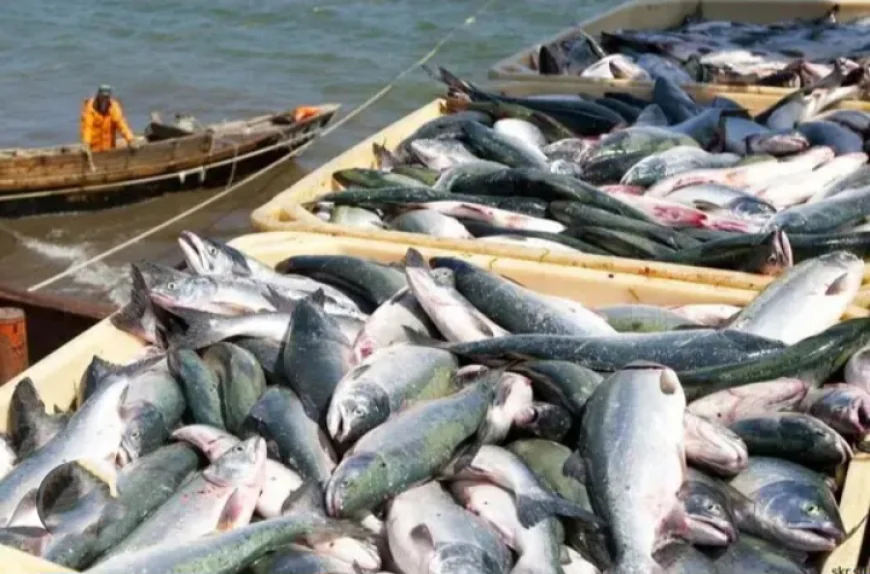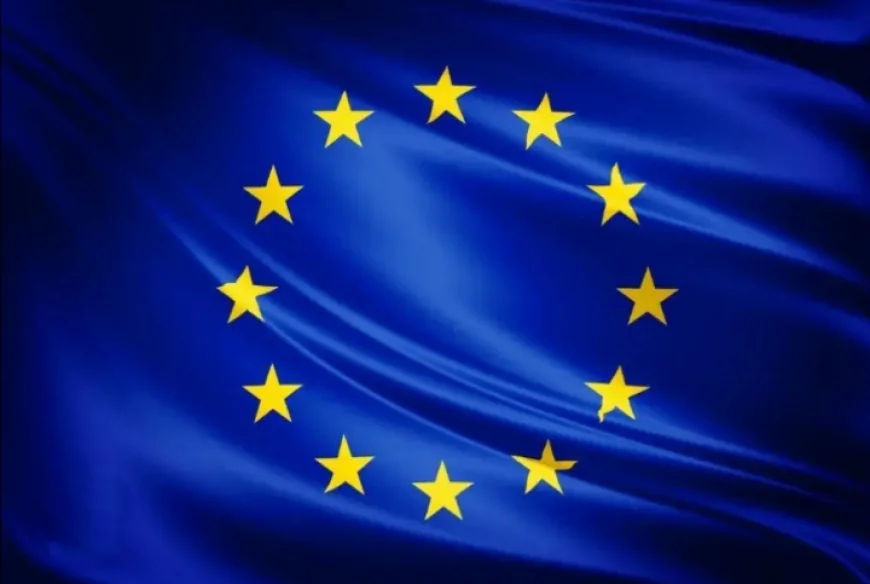Ghana Risks EU Fish Ban by 2026 Over Illegal Practices — Urgency Mounts to Pass Fisheries Bill
Ghana stands at the edge of a major trade crisis, with a looming threat of a European Union ban on fish imports by 2026 if immediate steps are not taken to reform its fishing industry.

Ghana stands at the edge of a major trade crisis, with a looming threat of a European Union ban on fish imports by 2026 if immediate steps are not taken to reform its fishing industry.
The warning was issued during a high-level stakeholders’ meeting in Accra, where the Chairman of the Parliamentary Select Committee on Food, Aquaculture and Cocoa Affairs, Dr. Godfred Seidu Jasaw, revealed that Ghana had already been issued two “yellow cards” by the EU — first in 2013 and again in 2021 — for failing to curb illegal, unreported, and unregulated (IUU) fishing.
Also see: Top regions for exam malpractices are Bono, Bono East, and Ahafo, according to WAEC

“If we do not act decisively, the next step is a red card,” Dr. Jasaw cautioned. “This would mean a total ban on Ghana’s fish exports to the EU.”
● Race Against Time: Parliament Fast-Tracks Fisheries Bill
In response to the crisis, Parliament is urgently finalising the new Fisheries and Aquaculture Bill, which aims to introduce tougher regulations across the sector. The bill, containing 167 clauses and 170 sections, addresses key issues such as inland fishing management, aquaculture regulation, offences, and penalties.
Dr. Jasaw noted that the bill has already undergone significant review but needs broader stakeholder input before it can meet EU specifications and be passed into law. “Stakeholder collaboration is key to ensuring we pass a law that can stand international scrutiny,” he added.
● Economic Consequences Could Be Severe

Minister of Fisheries and Aquaculture, Emelia Arthur, stressed the urgent need for reform, highlighting that more than three million Ghanaians depend on the fisheries value chain.
“Ghana is one of the largest exporters of fish to the EU. A red card would not only devastate export revenues but also cripple livelihoods,” she said.
To reflect the urgency, the bill has been laid before Parliament under a certificate of emergency, with plans to seek additional input from both the EU and the Food and Agriculture Organization (FAO) before final passage.
● Stakeholders Demand Accountability
Industry players at the meeting echoed the need for decisive action. Many called for stricter penalties against vessel captains and foreign operators who engage in IUU fishing, urging the government not to simply deport offenders but prosecute them under Ghanaian law.
“Fish is not just food — it’s a national resource with international obligations,” one stakeholder remarked. “Our waters must be protected with the full force of the law.”
● What’s at Stake?
Ghana’s fisheries sector contributes significantly to food security, employment, and national revenue. However, persistent issues like overfishing, lack of enforcement, and weak regulation continue to threaten its sustainability and international trade relationships.
If the red card is issued in 2026, Ghana will lose access to the lucrative EU seafood market, which could take years to regain. Experts warn that once banned, rebuilding trust with international partners becomes an uphill battle.
● The Way Forward
The consensus at the meeting was clear: Ghana must enforce its laws, invest in monitoring and surveillance, and hold offenders accountable to preserve the future of its fisheries industry.
With just over a year to meet EU compliance and avoid a red card, all eyes are now on Parliament to deliver a bill that will restore confidence in Ghana’s commitment to sustainable fishing practices — and protect the livelihoods of millions.


